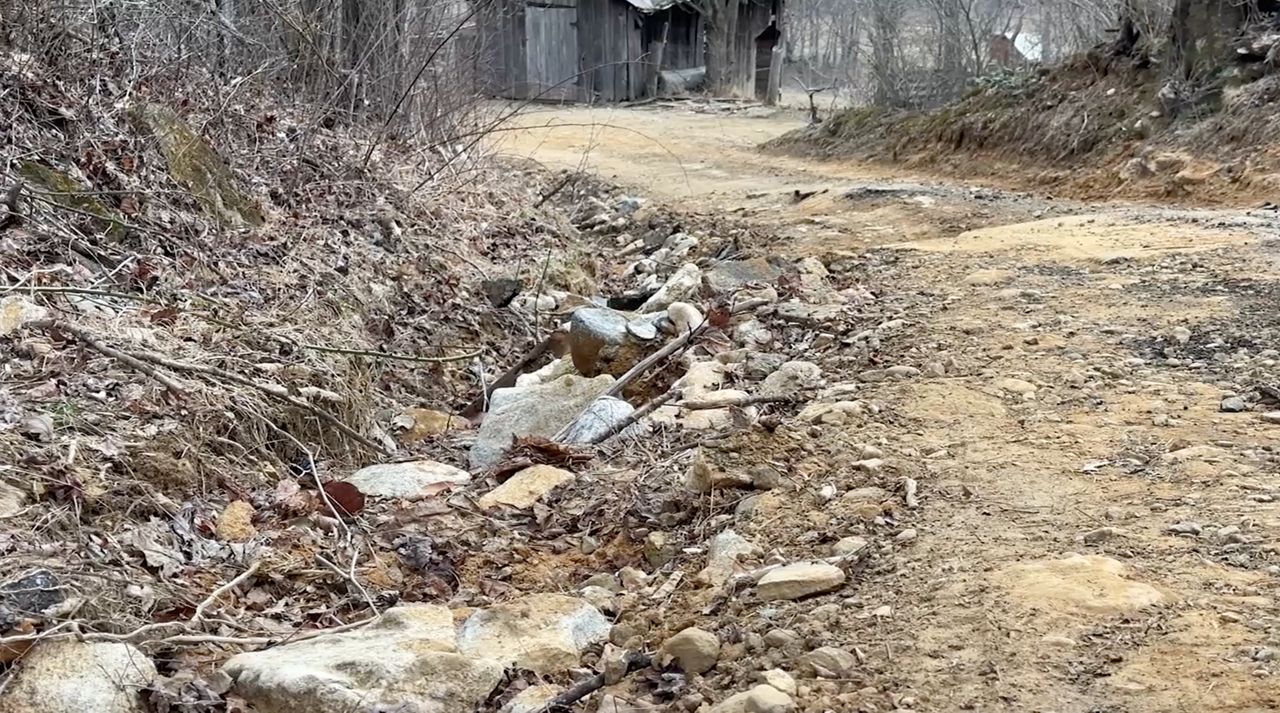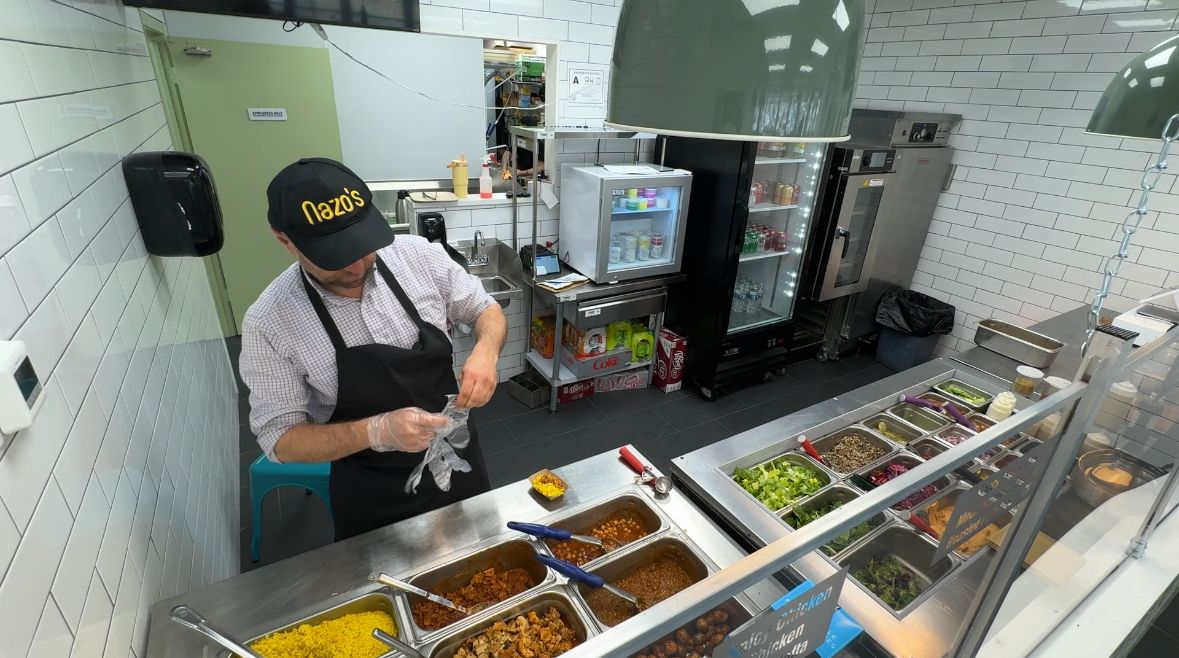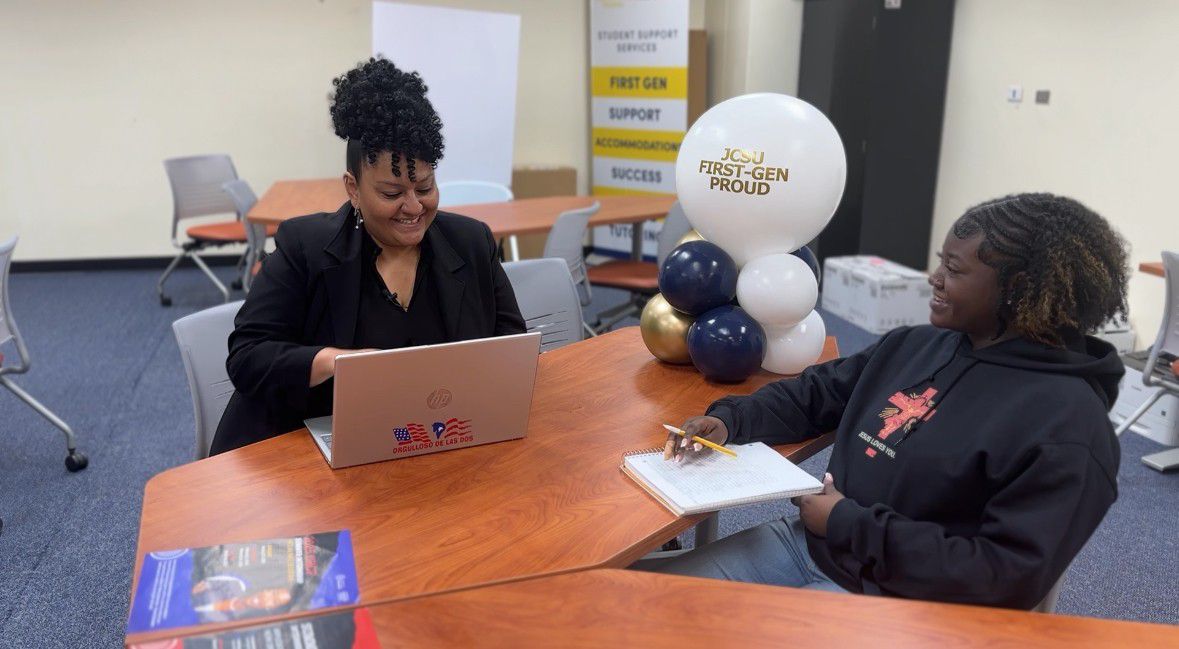CHARLOTTE, N.C. — Many Americans are planning to save some of their coins this summer due to finances.
A recent Bankrate survey shows only 53% of Americans are planning a 2024 summer vacation. But the majority of those travelers are willing to go into debt to pay for the trips.
The survey also reports the remaining 47% of Americans plan to skip their summer vacation altogether, the majority citing affordability as the main issue.
This data comes when reports show more Americans are struggling to make ends meet.
According to the Pew Research Center, the American middle class is shrinking, all while the number of families living in lower-income households is rising, forcing more people to make tough choices about how to spend their money.
Spectrum News 1 talked with several people in Charlotte about these reports.
Many families declined on-camera interviews, but some stated they were not taking a summer vacation at all because of money concerns.
Others say they're taking a different approach.
Johnetta Sarkorh, 23, just graduated from the University of North Carolina at Chapel Hill.
Sarkorh is now living in her hometown, Charlotte.
"I'm blessed to have a big family support," Sarkorh said. "I stay with my mom, so [I] save in that aspect being home."
Sarkorh says she's focused on saving money. One way is by using the public park as her workout facility.
"A recent college grad, I'm very used to using our college facilities. Being back home, I wanted to find [a way to work out] and save money and just appreciate my city," Sarkorh said.
Over the years, Sarkorh says she's been feeling some inflation-related pains, so she's approaching her summer plans a bit differently this year to keep her spending costs down.
"In terms of making travel plans, having to just adjust for how much I'm going to spend, where I'm going to go, how far I'm going to travel," Sarkorh said. "Instead of taking big long trips, planning out smaller trips, local trips, state trips where I know I can drive to that are more cost effective.
"Life will always be moving up and down, you just have to learn how to flow. That doesn't mean you should stop your plans where you're at, or you shouldn't travel or get depressed. I think there's a way for us to adapt. Maybe, [you] can't travel as far and drive somewhere. Adjusting and learning how to find balance and comfort in that adjustment."










